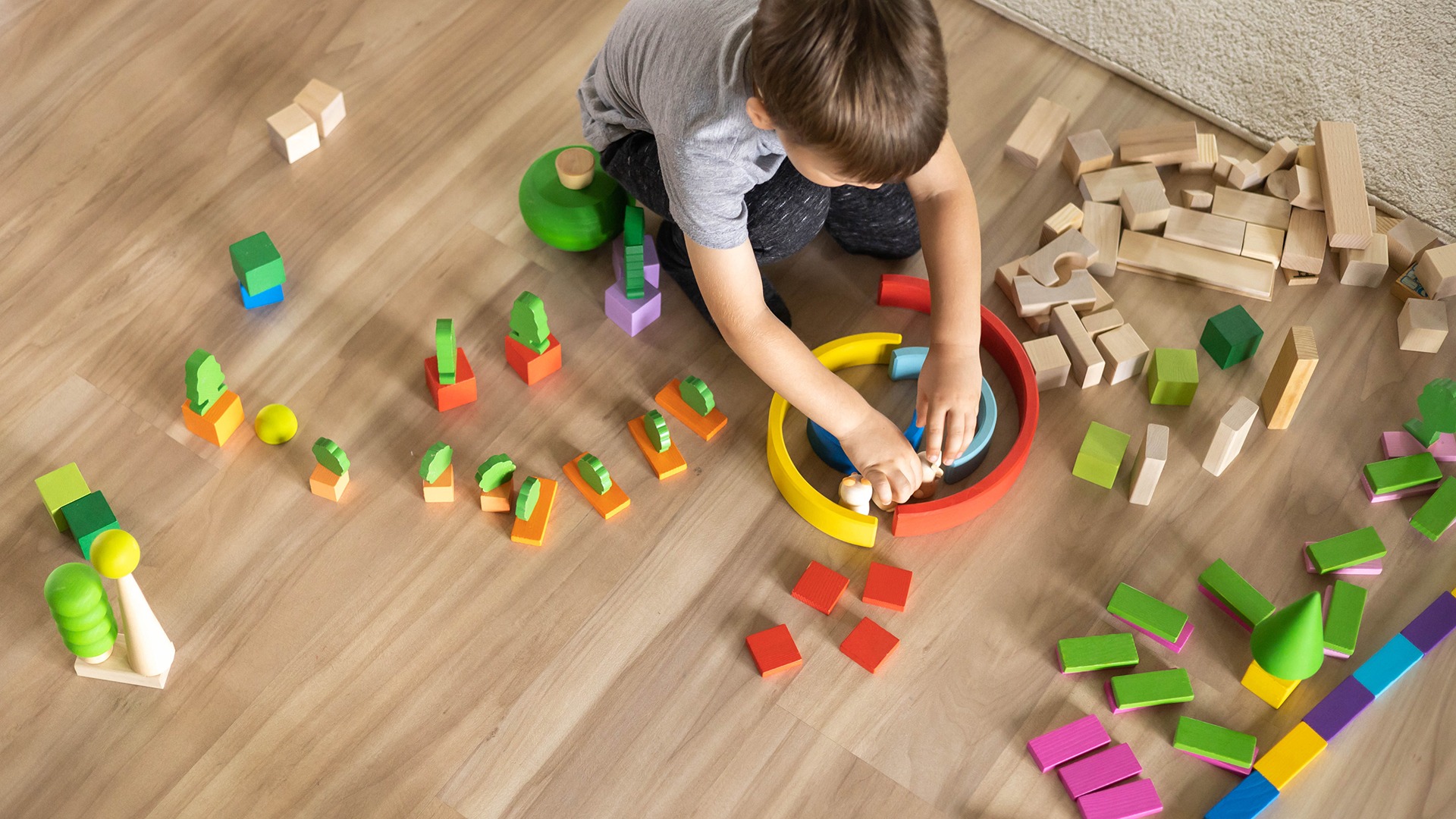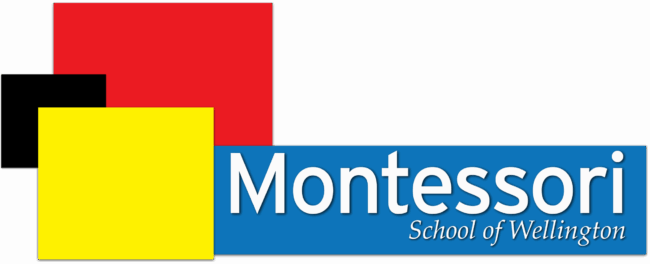Frequently Asked Questions
Get Answers to Some of Your Most Common Queries About Our School

CCMA accreditation. The name Montessori was never copyrighted, so anyone can open a daycare and call themselves a Montessori School.
CCMA (the Canadian Council of Montessori Administrators) is the only organization which actually inspects Montessori Schools to ensure that they are offering authentic Montessori education.
The Montessori School of Wellington is a fully accredited CCMA (Montessori Canada) school.
A mix of children 2 ½ to 6 years of age
Children moving freely about the classroom, choosing their own work, being respectful of their peers and their environment
One trained teacher, one assistant and/or a French teacher in each class
The teacher mainly showing work to individual children
A pleasant, clean and organized environment filled with child-sized furniture and attractive materials
In the Casa Program (3 to 6 years) children learn through all five senses, not just through listening, watching or reading. They are not moved through a series of activities according to a schedule and content that has been predetermined by an adult. In a Montessori classroom children are introduced to work one-on-one by a teacher who takes into account the child’s level of ability, personality, the type of learner s/he is – visual learner, auditory learner, kinesthetic learner, spatial learner, interpersonal learner.
Children can proceed through the work at their own pace so if, for example, a child comes to us already familiar with the letters of the alphabet, then s/he will be taken quickly to an exercise that provides him/her with a challenge but which they can master with some effort. Everything we do with the children is success-oriented. Learning is an exciting process of discovery, leading to concentration, motivation, self-discipline and a love of learning.
The Montessori School of Wellington is affiliated with:
-
- CCMA (Canadian Council of Montessori Administrators). We are fully accredited.
- CAMT (Canadian Association of Montessori Teachers)
- NAMTA (North American Montessori Teachers Association)
- AMI (Association Montessori Internationale)
Inspected and licensed by the Ministry of Education - Montessori Teacher’s College
The ideal age for a child to start in a Montessori school is 18 months.
Children require a certain level of independence in order to be comfortable in our program. Your child should be able to use the toilet independently, manipulate clothing and be able to feed him/herself.
No, all extracurricular activities are included in your monthly payment. There are no surprise or additional fees, so your child can take part in every activity without you having to worry about extra costs.
At the Montessori School of Wellington, we maintain a ratio of 1:8 in a class of no more than 24 children, with a trained Montessori teacher, a Montessori-trained assistant, and/or a French teacher present.
The teacher is responsible for showing work to the children according to their abilities, while the Montessori Assistant supports the teacher and helps create an environment conducive to the child’s learning and activities.
The French teacher communicates exclusively in French with the children and leads group activities in French.
For toddlers, we maintain a lower ratio of 1:5, with a maximum of 15 children in the class and 3 staff members, ensuring more individualized attention and support.
We aim for a mix of 3, 4 and 5-year-olds. The 3-year age mix works because:
We encourage the children to seek help from one another to try and wean them away from their dependence on adults. This also helps them to socialize with the other children
Younger children love the help and attention of an older child
Older, or more experienced children, become the ‘experts’ of the class, thus boosting their self-esteem
When a child is given the opportunity to teach a skill to another child, it reinforces their knowledge. You have to understand something to be able to teach it
This interaction amongst the children builds a sense of community
The word ‘discipline’ is, unfortunately, to many people synonymous with ‘punishment.’ Our goal is not to control the children by means of rewards and punishments or by imposing adult authority on them. Our goal is to help them develop self-discipline, through self-regulation and self-control. Imposed discipline is only effective while the authority figure is present. We want the children to reach a point where it makes no difference if the teacher leaves the room because they are engaged in their chosen activities and truly want to make good choices. In order to make good choices, children must be given the freedom to act upon their choices and to experience the consequences of those choices – whether good or bad. This is what informs a child, not being told by an adult what to do and not do.
However, if it appears that a child may hurt him/herself or others, then an adult will intervene and suggest that the children go to the Peace Table. At the Peace Table the children sit on the floor across from each other at a low table. The child with the grievance puts his/her hand on the table and states his/her case. When s/he is finished, the other child has a chance to speak. Children do surprisingly well at the Peace Table. Justice to a child is very much black and white and isn’t muddied by our adult concerns with tact, diplomacy, etc. They may not leave the Peace Table every time having reached an agreement, but they will have had the experience of conflict resolution. When they leave the table, the teachers will redirect them to a productive activity.
Included in the monthly fee are weekly yoga classes, weekly Kindermusik classes, and bi-weekly storytelling sessions.
We offer weekly music classes in collaboration with Rockstar Music Central. An instructor visits each classroom for a 30-minute Little Rockers Music Program.
Additionally, a collaboration with the Guelph Outdoor School is coming soon!
We ask that parents contribute to providing snack for the children. We issue a detailed snack schedule which tells parents what item they should bring and when. Parents should give their children their snack item to bring into the class so that the children can feel good about contributing to their friends. Children receive a nutritious snack in the morning and the afternoon. The snack is set out and available to the children for two hours in the morning and two hours in the afternoon.
Children can choose to help set up the tables for lunch: they clean the tables with a vinegar/water solution, set out name cards, napkins, etc. Our lunch break begins at 11:45am with the children washing their hands and going to their designated spots.
Children under 3yrs 8mos must have a catered lunch – this is provided by Oryan Catering. Children over 3yrs 8mos have the choice of having a catered lunch or bringing their own. Parents must consult our nutrition policy and allergy list before sending in a lunch for their child. You should read our article: “Re-inventing the ‘Treat’.”
Staff members eat with the children and to provide them with models for good table manners, grace, and courtesy. Eating together also offers the children another setting for socialization.
We have cots and blankets for children who need to have a nap.
THIS IS WHAT WE DO:
-
Your child’s teacher will call you about a month after they start in our program to let you know how they are doing.
-
We offer classroom observations for parents during certain months of the school year. We post parent observation sign-up sheets outside the classrooms where you can reserve a spot for an observation 24 hours in advance.
-
We recommend that you do not sign up for an observation too soon after your child starts with us, particularly if they are experiencing separation anxiety. Your child will be too distracted by your presence, and you will not get an accurate picture of their regular activities within their classroom.
-
Parent interviews are held twice a year in December and June.
-
We have Family Days throughout the school year when parents come into the classroom to interact with their children and see the work they have been doing. After spending time with your children, you are invited to stay for a discussion on different aspects of Montessori education.
-
We have an ‘open door’ policy for parents who wish to discuss any issues regarding their child.
-
We give weekly updates on Transparent Classroom, including photographs and observations.
-
Progress reports are given out twice a year during parent-teacher interviews.
THIS IS WHAT WE DO NOT DO:
-
We do not give daily updates at the door as other parents are present and this is confidential information.
-
We do not discuss children when they are present, as this is disrespectful to them – would you discuss your spouse with us while they are standing behind you?
We strive to foster peaceful collaboration rather than competition. Some children are naturally competitive, which is fine, but there is never any adult-generated competition in the school. Our goal is to help each child reach their full individual potential and to grow into the people they are meant to be. We never compare or judge children or their achievements.
After 3 years of Montessori education children are generally reading, writing, have an understanding of addition, subtraction, multiplication & division, are conversant in geography, basic science, French, music & art. More important than their academic achievements, they will have acquired the social skills, self-confidence and independent thinking that will enable them to deal with and welcome almost any new situation.
Do You Still Feel Like You Need More Information?
We’re happy to clarify anything that will help you feel confident in your next step.
